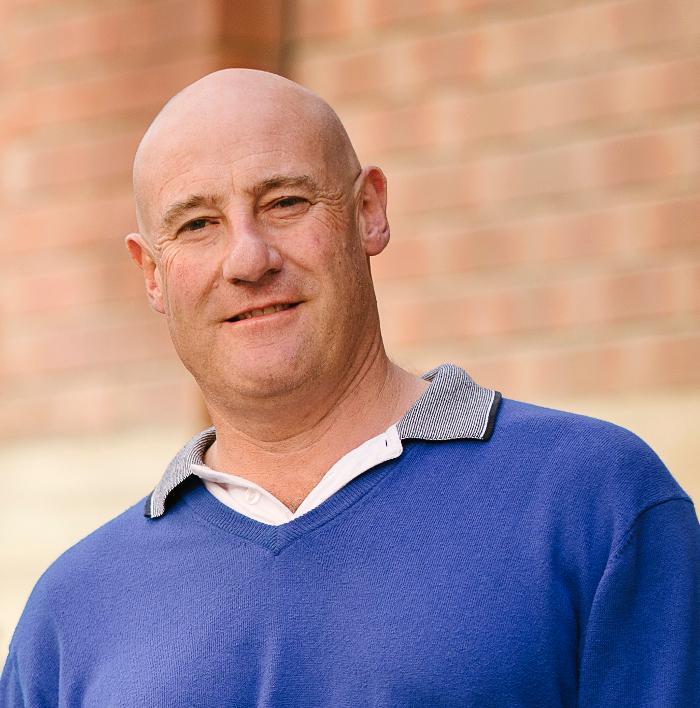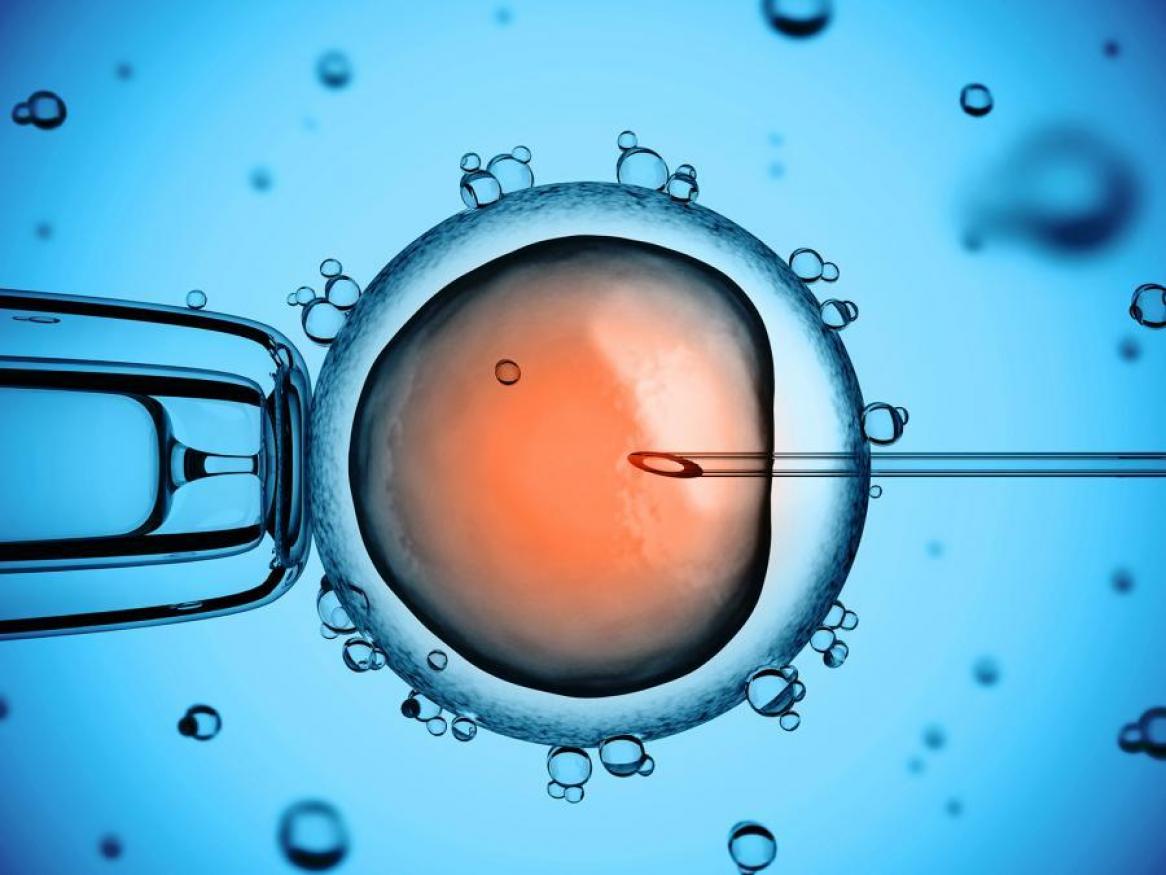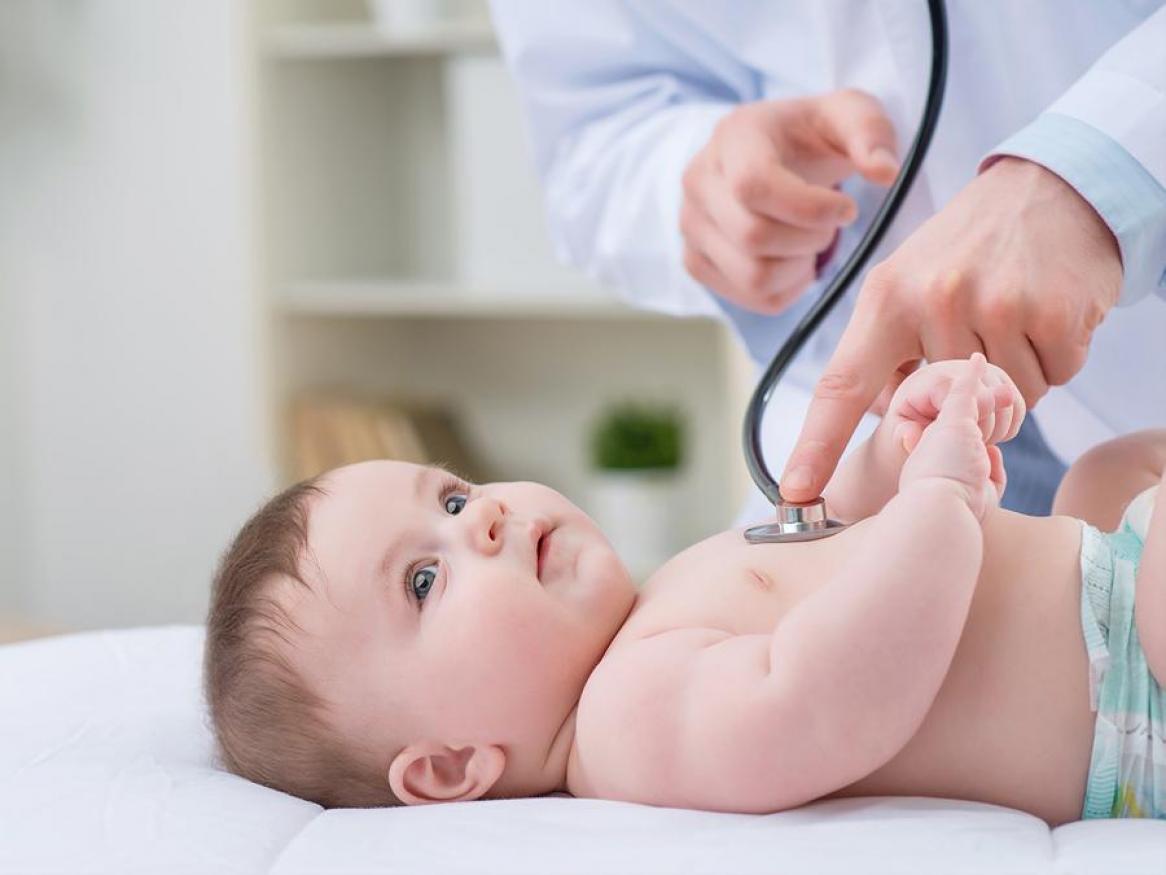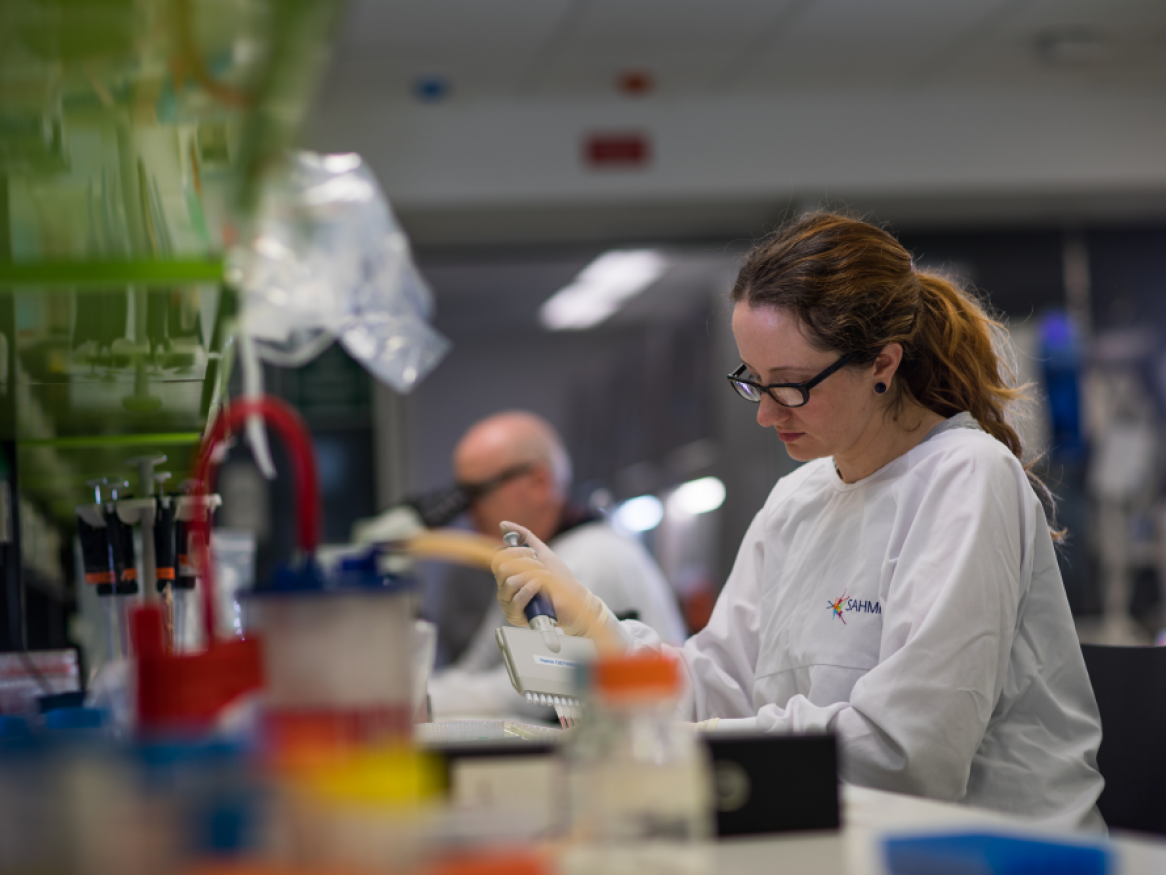Early Development Group
The Early Development Group explores the metabolic and epigenetic consequences of environmental stress on embryo development.
Oocyte maturation and fertilisation are molecular and biochemical processes that have a major impact on embryonic and foetal development, as well as adult health. The maturing oocyte and newly fertilised egg is extremely sensitive to the microenvironment within the maternal reproductive tract, and this is reflected in a process of 'resetting' of its epigenetic code (epigenetics is the inheritance of traits not attributable to changes in the DNA code). If the metabolic microenvironment surrounding the oocyte and embryo is altered as a result of in-vitro fertilisation (IVF), diet or lifestyle factors, this will influence the epigenetic mechanisms that ultimately control the growth rate and development potential of the resulting foetus.
Our research lies in discovering the metabolic determinants, and the influence of oocyte secreted growth factors and cytokines, in the developmental potential within mammalian oocytes and embryos. We are also focused on how compromised metabolic environments, such as hyperglycaemia and hypoxia, within the mother around the time of conception—influence oocyte and embryo metabolism leading to adverse developmental outcomes.
The Early Development Group is interested in the mechanisms by which ‘environmental stress’ (such as culture, oxygen, hyperlipidemia) impacts early development. We aim to develop new tools to measure the changes and successfully develop interventions to reduce the impact of environmental stress.
Our research work spans from the diet of dairy cows to the chromatin changes in the maturing oocyte and early embryo, and our collaborative team use multi-disciplinary approaches to answer questions on the micro and nanoscale.
Interested in a postgraduate research degree?
We offer exciting opportunities for researchers at the honours, masters and PhD levels. Our research degrees are open to students from a broad range of backgrounds, and range from basic sciences to clinical research. If you are interested in human health, consider furthering your research career with us.




